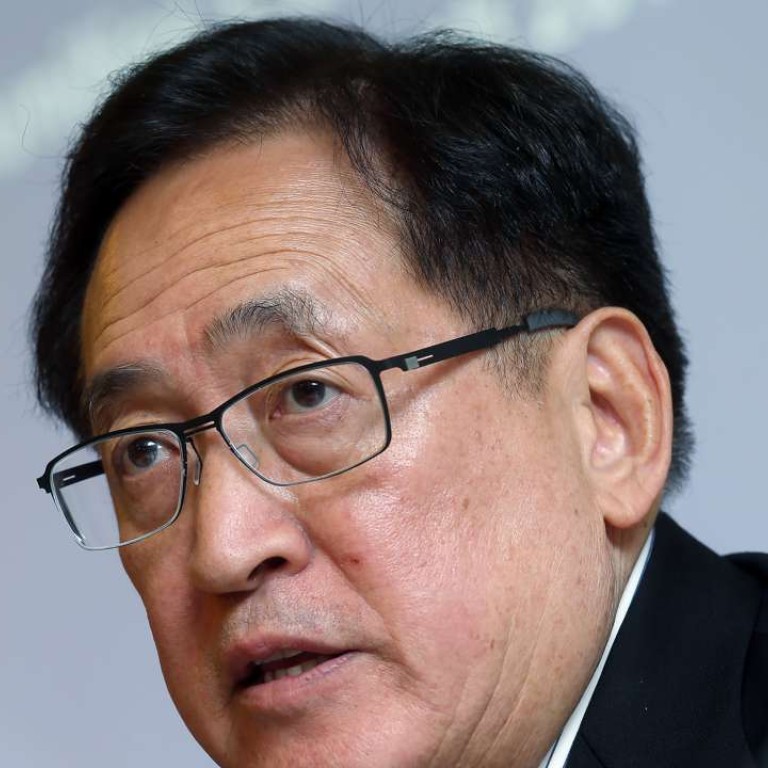
Hong Kong government should have immunity in race law taken away, rights body says
But critics are unhappy that Equal Opportunities Commission failed to propose that race law should cover new immigrants and those with different nationalities
The government may no longer be legally immune to being ruled racist, as the Equal Opportunities Commission (EOC) has called for the plugging of a major loophole which had allowed the city’s administration to escape the reach of the Race Discrimination Ordinance.
But even as it moved on this front, its decision not to go ahead with expanding anti-racism laws immediately to include the protection of new immigrants and people with different nationalities left some disappointed.
Hong Kong rights activists hope to see holes plugged in Race Discrimination Ordinance
In a sweeping three-year review of the city’s four anti-discrimination laws which took into account views from over 125,000 public submissions, the EOC unveiled 73 recommendations of which 27 were labelled as of high priority, including 22 legal amendments.
Apart from tackling the current omission of government responsibility in the race law, public authorities such as the EOC itself and other government advisory bodies should also be bound by the four laws on gender, disability, family status and race discrimination. This is not now explicitly stated.
“We identified the 27 recommendations as high priority because we hope to help the government enact these as soon as possible, as these are practical and simple ones to carry out,” said EOC chairman York Chow Yat-ngok.
The recommendations include major changes to the Racial Discrimination Ordinance, which was enacted in 2008, with the major flaw being exemption for government actions, such as police officers arresting a person because of his or her race and extra long immigration searches of ethnic minority people because of their ethnicity.
If the amendment was made, the government could no longer do this – an obvious improvement in human rights, said retired minister Joseph Wong Wing-ping.
“This is an improvement towards being a more civilised society,” said Wong. The government is bound by the other three ordinances, but was exempted from the one on race over fears that it would open the floodgates to legal disputes.
Gay rights group criticise Hong Kong government for plan to replace boss of equal opportunities commission
The list of recommendations also included a call for the government to conduct public consultation on discrimination relating to cohabitation, and the “possible legal recognition of heterosexual and homosexual cohabitation relationships”.
The big question, however, remains whether or not the recommendations would be accepted and then passed into law.
Head of ethnic minority advocacy group Unison, Phyllis Cheung Fung-mei, said further consultation – meaning a prolonged delay – may be inevitable to forge consensus given Hong Kong’s current political gridlock.
The government would study the recommendations, a spokesman for the Constitutional and Mainland Affairs Bureau said.
